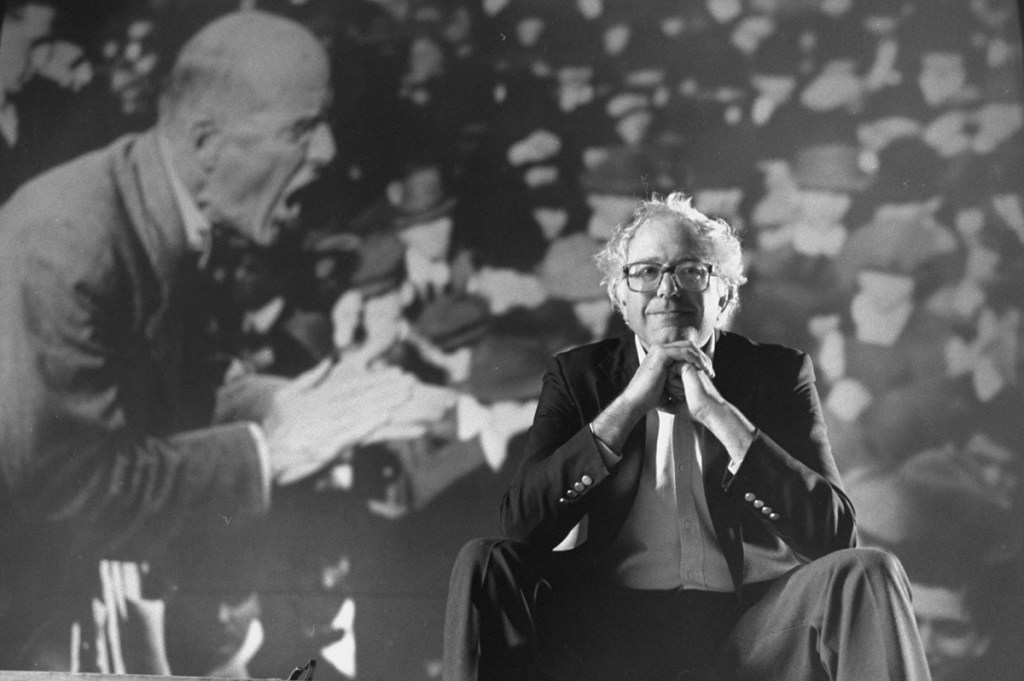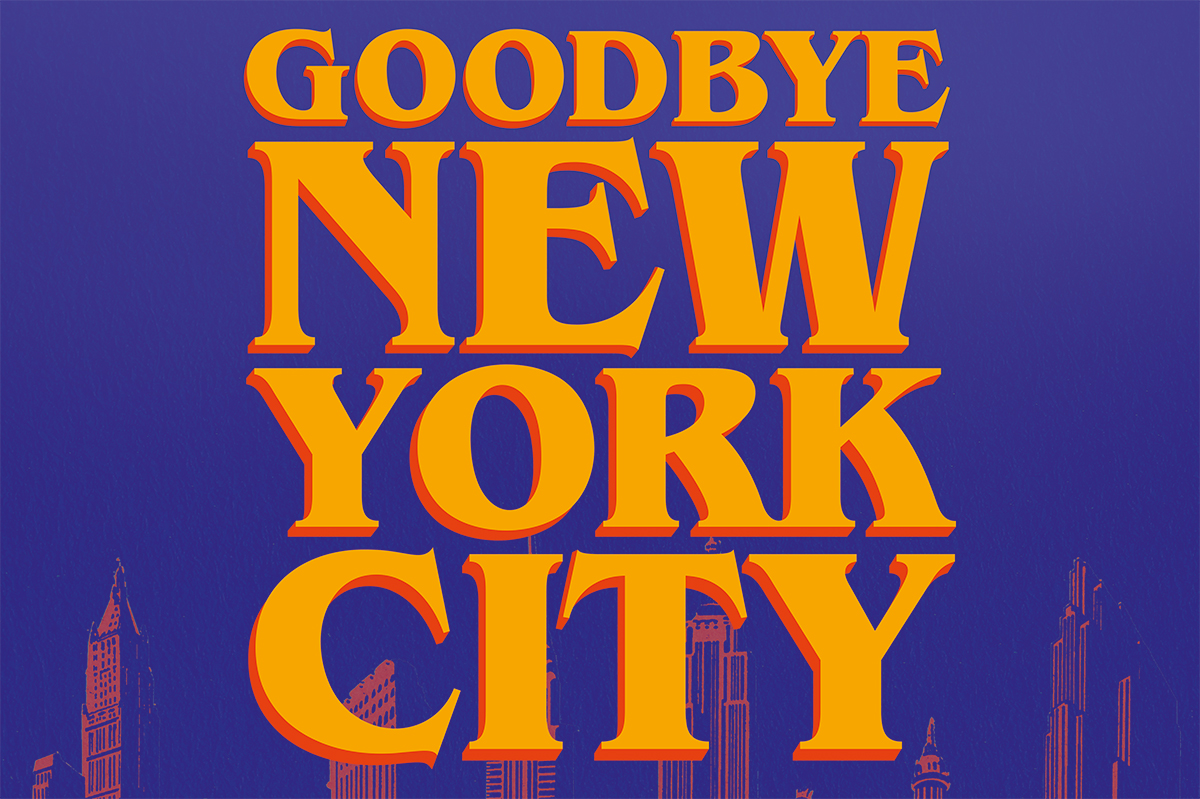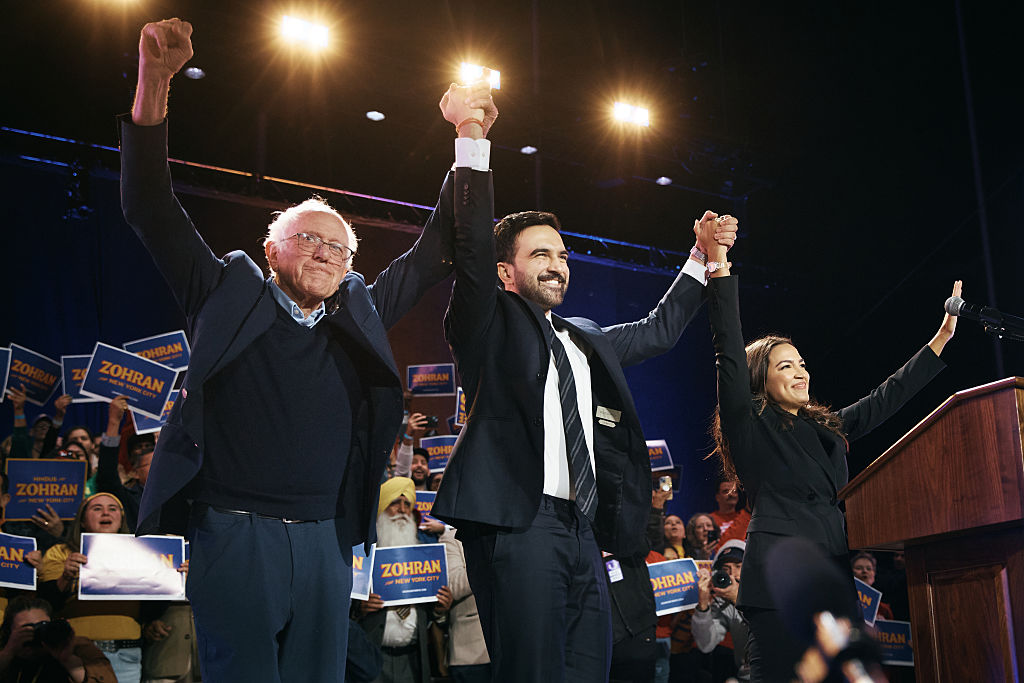It’s widely agreed that Bernie Sanders fell short in the Democratic primary because he described himself as a socialist. As a movement, socialism has never had mass appeal in America. Even at its strongest, in 1912, it garnered fewer than one million votes for presidential candidate Eugene Debs, who was trounced by Woodrow Wilson. More often, Americans have used the word ‘socialism’ as a synonym for communism, to signify everything America doesn’t stand for. Pundits put Sanders’s failure down to his attempts to give the word a positive spin. On the other hand, a dispassionate glance at American history shows that Uncle Sam has already gone a long way down the road of democratic socialism.
Every American state decrees that all its children shall be educated at state expense, no matter how rich or poor. The idea began with Horace Mann in Massachusetts back in the 1830s, and eventually caught on nationwide. The principle of responsible citizenship, established during the War of Independence, specified equal opportunity for all, which would be meaningless if some citizens grew up illiterate.
Second, the entire American highway system is built, paid-for and maintained by the state and federal governments. When the car industry was just getting started, early in the 20th century, most intercity roads were un-signposted tracks, often muddy quagmires when wet. A group of motoring enthusiasts asked Henry Ford (1863-1947) if he would join them in building good roads. It was a reasonable idea, comparable to the way in which railway companies built and maintained their own tracks. But Ford said no and, shrewdly, warned them not to set the precedent of private roadbuilding. Let taxpayers who were eager to buy cars shoulder the burden. Ford guessed right and every state soon set up a tax-supported highway department.
Third, estate taxes were introduced in 1916, in the name of equality and to prevent the children of successful parents from becoming a parasitic leisure class. Andrew Carnegie (1835-1919), the Scottish emigrant who became one of the richest men in America, believed that rich men had a duty to give away their money and die poor, or else forfeit their wealth. He wrote: ‘The parent who leaves his son enormous wealth generally deadens the talents and energies of the son, and tempts him to lead a less useful and less worthy life than he otherwise would.’ In the mid-20th century the American estate tax rate rose to almost 80 percent. Even today it stands at 40 percent for fortunes above $11 million, falling to $5 million in 2025.
Fourth, in the 1930s Franklin Roosevelt’s New Deal established the principle that the federal government should intervene on behalf of distressed citizens everywhere. It introduced Social Security (old-age pensions) and a growing array of farm subsidies to prevent rural depopulation. In the 1960s Lyndon Johnson’s Great Society programs went further, introducing healthcare for the poor (Medicaid) and for the elderly (Medicare). Poor citizens in every city gained access to public housing complexes and were offered food subsidies and welfare benefits. By the late 1960s and early 1970s the Nixon administration was even toying with the idea of a federally mandated guaranteed income for everyone.
During wartime emergencies in 1917 and 1942, the major industries were organized and run by central government departments in the name of efficiency and to prevent wasteful duplication. Throughout the Cold War, the massive military-industrial complex was a combination of corporations entirely dependent on the Pentagon. They favored the rhetoric of rugged individualism, but grew rich on funds from taxpayers via the Department of Defense, their sole customer.
Such changes were going on in Western Europe too, where they were usually described as democratic socialism. But that phrase was rarely or never used in the United States. Most historians have understood all these changes as conservative in intention — they had the effect of stabilizing capitalism, enhancing its legitimacy and helping the entire population to become consumers. They also muted domestic radicalism, making the growth of a class of potential revolutionaries much less likely.
Still, they did lead to major political changes, especially the growth of big government. They also led to an increase of federal power and decreased the powers of state governments. Every American industry is now regulated by federal agencies in the public interest, and every business has learned to use the rhetoric of social responsibility. Emergencies like Hurricane Katrina (2005), the financial crisis of 2008 and now the coronavirus all provoke massive central-government action, including the allocation of millions, or billions, of federal dollars.
Since the Reagan era (1980-88), however, criticism of big government as ‘creeping socialism’ has been an effective vote-winner for the Republican party. President Reagan said he would reduce the size of the federal government and restore American individualism. When it came to the point, however, he found himself unable to do it. His attempt to abolish the federal Department of Education led to a firestorm of criticism and stubborn bureaucratic infighting from the people whose jobs were threatened. In the event, the Gipper’s administration actually witnessed continued growth in the number of federal employees. Government was consuming a greater percentage of GNP at the end of his administration than at the beginning — about 35 percent.
Americans, once they begin to enjoy the benefits of a government program, are no more likely than Europeans to favor losing them. Cutting big government sounds great in theory, but few lobbies support the principle of giving up government-conferred benefits, whereas hundreds of lobbies fight to keep and enlarge them.
The history of Obamacare illustrates the point. Republicans raged against it and denounced it as socialism. But even when they occupied the White House and dominated both houses of Congress after the election of 2016, they found they could not repeal it. They knew the voters would throw them out after the next election if they returned to the old status quo, in which millions of citizens lacked healthcare.
Between 1900 and 1989 historians, economists and political scientists all asked the question: ‘Why is there no socialism in America?’ Socialist parties transformed the European landscape in those years and came to power in most countries, but not in the US. Did America lack a large socialist movement because it had no feudal past and no entrenched class system? Or because opportunities to rise from rags to riches made factory workers and coal miners hope to emulate Ford and Carnegie rather than express solidarity with other proletarians? Or was it because America’s ethnic and racial diversity, coupled with high levels of geographic mobility, made union-building much more difficult?
All these answers were plausible, but all neglected the possibility that socialism was in fact doing fine, just not under that name. After the Cold War the question itself became less relevant. Capitalism had outlived Marxism, but it was no longer the pitiless capitalism of the early industrial revolution, by which impersonal swings of the business cycle could condemn thousands to famine and privation. Welfare states and consumer protection, along with democratic politics, now ensured at least a measure of security for everybody. This was equally true on both sides of the Atlantic.
Among Americans, not surprisingly, only historians know much about the history of the European left, and about the gulf that opened, after the Russian Revolution, between socialism and communism. George Orwell was a democratic socialist who fought and almost died in the Spanish Civil War. He wrote afterwards that ‘the greatest enemy of socialism is communism’. That sounded paradoxical at a time when most English-speaking socialists thought that their greatest enemy was capitalism, but it was based on bitter experience. Communists on the Republican side in Spain had tried to exterminate the socialists. Orwell himself narrowly escaped a communist death squad.
The Labour party was doggedly pro-socialist and equally doggedly anticommunist throughout the 20th century. This was partly from fear of Stalin and his successors in the Soviet Union and partly because it took democracy seriously and shunned totalitarianism. But the Labour party had no American counterpart. One of the contrasts of Anglo-American history is that in about 1900 the British trade union movement had decided to create a political party whereas the American trade union movement had decided not to.
This contrast was partly a matter of personalities. Samuel Gompers (1850-1924) was an English emigrant to America who rose to leadership of the American Federation of Labor. He actively disliked men who called themselves socialists, seeing them as ‘propagandists who spread the poison of hatred and discontent’. Under Gompers’ leadership, the American unions concentrated on workplace issues of pay, hours and safety rather than diverting funds and energy into political organization. But they did not oppose the gradual rise of the American welfare state.
In the long run, the similarity of American and European developments is more striking than the differences. On both sides of the Atlantic, politicians now pay lip service to democracy, equality, and freedom. Government on both sides is committed to protecting vulnerable populations, to educating them, to promoting opportunities and to intervening in the economy for the sake of stability, efficiency and high employment. In other words, in America, as throughout the developed world, democratic socialism is alive and well. Bernie Sanders is unusual not because he believes in it, but because he actually says that he believes in it and isn’t afraid to use the words.

























